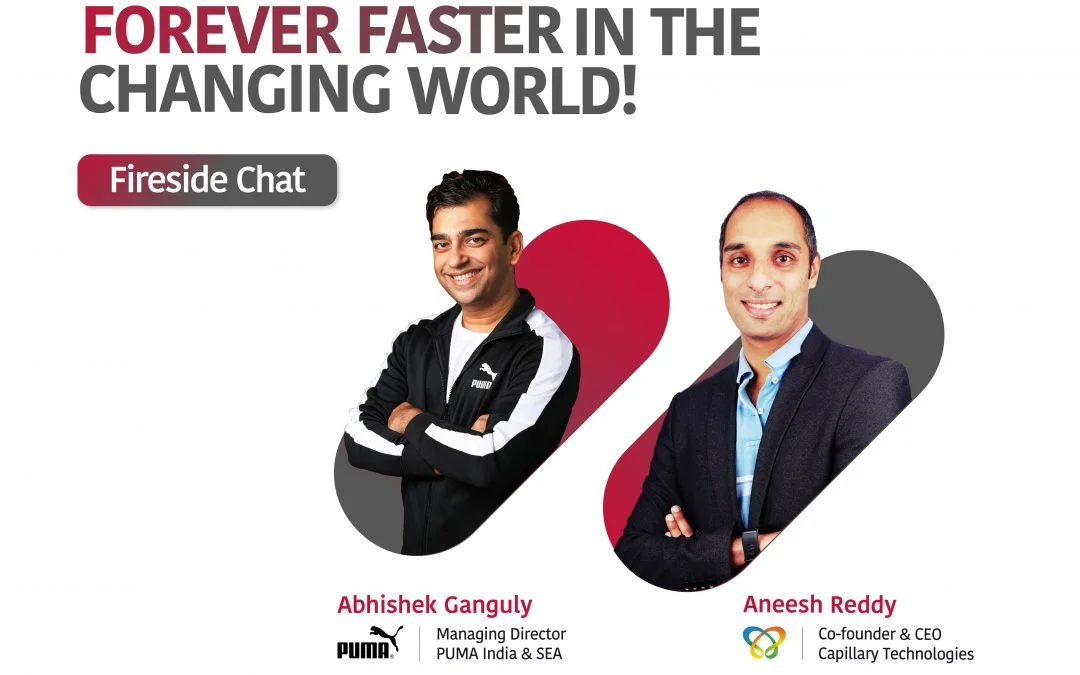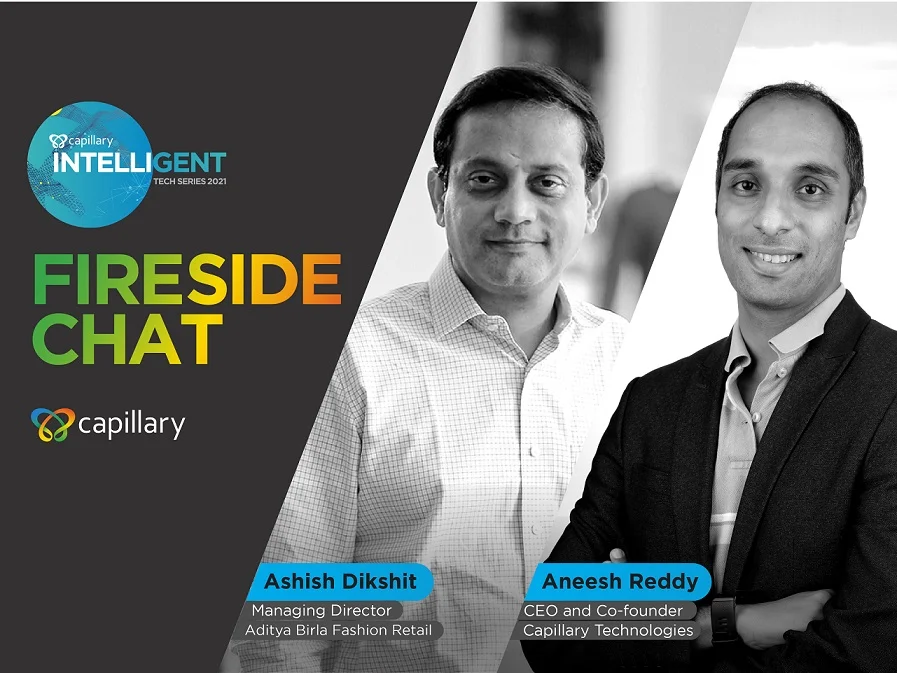- Design industry shaping loyalty programs
- Integrate easily and go live quicker
- Deliver hyper-personalized consumer experiences
Blue Rewards from Al Futtaim Group Shares Loyalty Success Stories and Evolution. Watch Podcast >
Capillary Announces 2nd Annual Captivate 2025 Summit: Transforming Loyalty Management with New AI Tech Read more >

The story began in 2006 when the Indian retail sector was in the midst of a boom. Odds were stacked up against upcoming retail players as global sports brands had already swooped in and grabbed big chunks of the market share. Naysayers created a sense of doubt for upcoming brands as they believed “There is no space for a fourth brand after three other global brands have filled up the bases.”
But this did not deter PUMA, Abhishek Ganguly and his team. In a bootstrapping business journey, PUMA India had grown from a few stores to creating a wide gap from competition with 35% market share in 2019.
“There’s no proven formula for a global brand to establish afresh in a new market, or a recipe for success. However we have had a gradual growth and we made no decisions that we had to take back.”
In an engaging conversation in our recent fireside chat ‘Forever Faster in the Changing World’, Abhishek Ganguly (Managing Director, PUMA India & Southeast Asia) talks about PUMA’s journey in India, strategies behind building the brand, and the excitement of influencing the way people live through sports and lifestyle. Here are the top 5 takeaways from PUMA’s digital and agile journey.
All great retail brands need an evolving customer interaction, and PUMA’s focus was to become a favorite brand with compelling retail strategies. Not only did they become the first brand to bring loyalty in India, but also began a strong digital outreach in 2009, at a time when retailers thought of ecommerce as a threat to brick and mortar. PUMA began collaboration with Myntra and Flipkart fashion, before establishing their own website. Abhishek also emphasized that channel differentiation and pricing tools are very important parameters to be fine-tuned while balancing online and offline channels.
Changes in the retail industry were happening even before Covid, and leaders should sense and learn these changes. The team at PUMA India constantly hopes to ‘fail fast’, accept the failure and be in a constant learning mindset, enabling the brand to stay relevant to the period.
Agility goes hand in hand with innovation according to Abhishek. “By agility, I don’t mean mindless speed, but quick thinking, acting, and spreading that action throughout the organization.”
What do you do to make Monday morning interesting for your team? That’s an important question every leader should ask themselves. Abhishek believes that employees work better if they are in the best frame of mind which directly impacts productivity and therefore it is vital for a business to ensure that their employees are positively influenced.
How can the store interact with customers hyper-locally and bring in a personalized touch to the store? Abhishek has always been interested in technology-driven startups. He looks for innovative solutions in the angel ecosystem from the offline retail’s inventory and customer engagement point of view.
The global sportswear brand has always been passionate about cricket and has been associated with other sports like football. Abhishek wanted to keep the brand locally relevant to India by signing up with legends like Virat Kohli, KL Rahul and many IPL players. The brand has especially hit the jackpot with Virat Kohli as the cricket sensation has a huge social media following.
When drawing parallels between leadership and sports, Abhishek admires the ‘never give up’ attitude and inherent team spirit culture in sports. He said that leaders must develop an athlete’s mindset to face the uncertainties. To know more about their retail strategies, personalized engagement, agile management; watch the entire fireside chat discussion here.
1: How can businesses adapt to changing market trends?
Businesses can adapt to changing market trends by implementing agile strategies, leveraging data analytics, and continuously innovating their products and services to meet real-time customer demands.
2: What role does technology play in keeping businesses competitive?
Technology is crucial in keeping businesses competitive by enabling automation, enhancing customer experiences through personalization, and providing insights through data analytics.
3: How can brands stay relevant in a rapidly changing world?
Brands can stay relevant by staying customer-centric, embracing digital transformation, and proactively responding to market changes and consumer preferences.
4: What are the key takeaways from successful business adaptation strategies?
Key takeaways include the importance of agility, leveraging technology for innovation, understanding customer behavior, and maintaining a strong online presence.
5: How can companies leverage data to drive business growth?
Companies can leverage data to drive business growth by using data analytics to understand customer preferences, optimize operations, and create personalized marketing strategies.

September 16, 2021 | 4 Min Read
While the pandemic has overstayed its welcome by now, the ev

July 5, 2021 | 4 Min Read
The story began in 2006 when the Indian retail sector was in

June 16, 2021 | 4 Min Read
The race between competitor brands in the Middle East has re